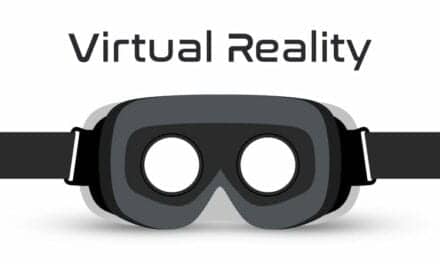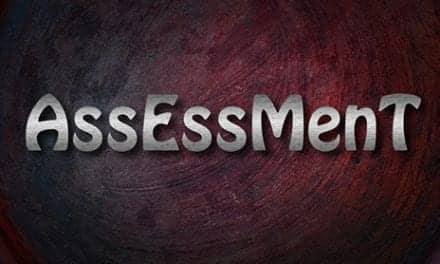Accelerated Cure Project (ACP) for multiple sclerosis (MS), with its iConquerMS People-Powered Research Network initiative, is collaborating with Quest Diagnostics and the National Multiple Sclerosis Society to study immune response to COVID-19 vaccinations of people living with multiple sclerosis (MS).
“Understanding the immune response to the COVID-19 vaccine doses in a longer-term study in people with MS will provide tremendous insights into not only optimal vaccine dosing for this population, but it will shed light on how vaccines may affect people with immune disorders or who are taking immunomodulatory therapies,” says Bruce Bebo, PhD, Executive Vice President, Research, National MS Society. “We have had a long and productive collaboration with Accelerated Cure Project and its iConquerMS network and we’re looking forward to working with them and with Quest Diagnostics on this important project.”
This research project is a sub-study of the larger COVID-19 VaccinE Response in MS Project (COVER-MS Project). Suggested by members of the iConquerMS community through the “Our Questions Have Power” initiative in which members can suggest and vote on research questions, COVER-MS is designed to gain real-world data on the effects of COVID-19 vaccination in people with MS via patient-reported survey data. The project will involve 300 sub-study participants from the 1600 COVER-MS project participants.
Quest Diagnostics will provide several services to support the research initiative, including SARS-CoV-2 serological IgG antibody and T-Cell testing to determine COVID-19 immune response in the study participants.
In addition, the study will employ a decentralized clinical trial model by which Quest’s national network of more than 2,100 patient service centers will enable participants to conveniently provide periodic blood specimens.
This unique collaboration between ACP and its iConquerMS initiative, Quest Diagnostics, and the National MS Society will provide proof-of-concept for a model of decentralized biological studies that is convenient, easy, and economical for researchers and participants alike. This model can be applied to future real-world research studies aiming to enroll a broad cross-section of participants, in terms of geographical location as well as clinical and demographic characteristics.
“We are thrilled to contribute our expertise in neuroimmunology and COVID-19 to this important research effort focused on yielding insight into the unique COVID-19 disease risks facing patients with MS. Quest’s national network of patient service centers will enable the research team to ease the process of recruiting and retaining participants, surmounting a major challenge of clinical trials and other scientific research,” said Michael Racke, MD, Medical Director, Neurology, Quest Diagnostics, a renowned expert in neurology who has authored over 200 peer reviewed studies on MS.
Past experience has clearly demonstrated that the medications people take to treat MS, rheumatoid arthritis, and other immune-mediated inflammatory diseases may affect immune responses to vaccines such as those for influenza and pneumococcal pneumonia. As COVID-19 is likely to remain endemic across the world, it is imperative to understand in detail the effects of, and persistence of responses to, vaccination in people with MS and how best to vaccinate patients who are immunosuppressed, particularly those taking immunomodulatory therapies for their conditions.
The larger COVER-MS project has been operating for a year and is still enrolling participants. Initial results from this study, published in Neurology: Neuroimmunology and Neuroinflammation, encompassed local and systemic reactions to vaccine doses. However, it is not known how strong and how persistent an immune response the body actually mounts following multiple vaccine doses over an extended period of time in people with MS treated with different MS medicines. The future effectiveness of these vaccines as COVID-19 variants evolve is also unknown.
This goal of the Accelerated Cure Project study is to learn how the number and timing of vaccine doses effects antibody levels and duration in MS patients to help guide recommendations for protecting this vulnerable population.
“As a person with MS who is treated with an immunomodulator that may affect antibody formation, I want to know how well the COVID-19 vaccines promote antibody development and how long they last compared with people who don’t have MS,” says Phyllis Klein, PhD, RN, Co-Chair of the COVER-MS Steering Committee. “Knowing this could tell us if we need to change intervals between boosters and perhaps eventually help determine the optimal booster dosing for people with MS.”
[Source(s): Accelerated Cure Project for MS, PR Newswire]





